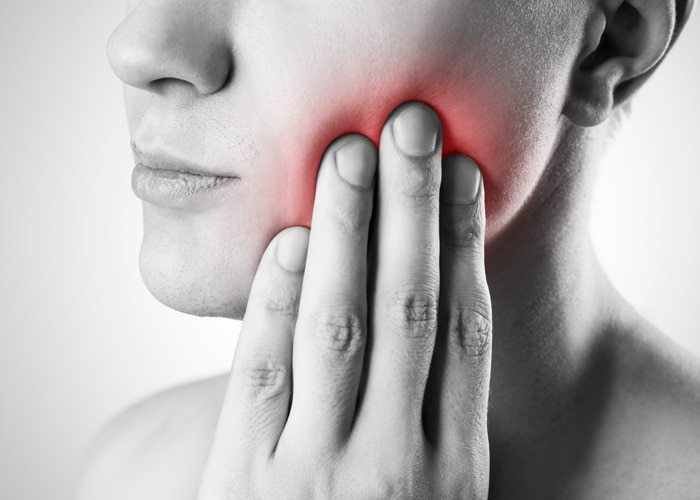Coping with Baby’s Teething
When you baby’s first set of teeth, called primary teeth, starts to break through his gums, teething time has begun.
By the time your infant reaches 6 months, teething usually begins. However, it is still normal if teeth starts to show between 3 months to 12 months of age. By the time your child is about 3 years old, he will have all 20 primary teeth in place. The lower front teeth usually appear first, followed by the upper front one to two months after. Now most babies get new teeth and lose their teeth at expected times. The exact order and timing may vary.
Many babies appear not to be much affected when they are teething, but some are fussier and irritable than others. There is soreness and swelling in the gums before a tooth comes through and babies express their discomfort in a variety of ways – crying, touching or rubbing their gums or mouths. They may bite on their fingers or chew on their toys to help relieve the pressure in their gums, or refuse to eat and drink because their mouths hurt.
There will be a lot of drooling while baby is teething, so be sure to attend to him always as it may cause a rash in the mouth area or on his chest. These may go on 3 to 5 days before the tooth breaks the skin. After it does, the symptoms usually go away.
You can help ease baby’s teething woes by gently rubbing his gums a couple of minutes at a time; he may protest at first but may find it soothing. Do use your clean finger or a cold teething ring to do that, or a clean, cold washcloth. You can also let him chew on his teething ring. Don’t use teething gels for they can numb the bay’s throat or cause swallowing difficulties, nor aspirin or any medication with benzocaine. These are potentially unsafe and harmful for your baby. Ask your doctor for pain killers suitable to children younger than 2 years if other methods don’t work.
Baby Safety at Auburn Avenue Dental
It’s good practice to bring your baby to your Auburn dentist and start off early with his oral health management. Your dentist may give you advice about teething and other baby’s needs regarding his teeth and gum health.



